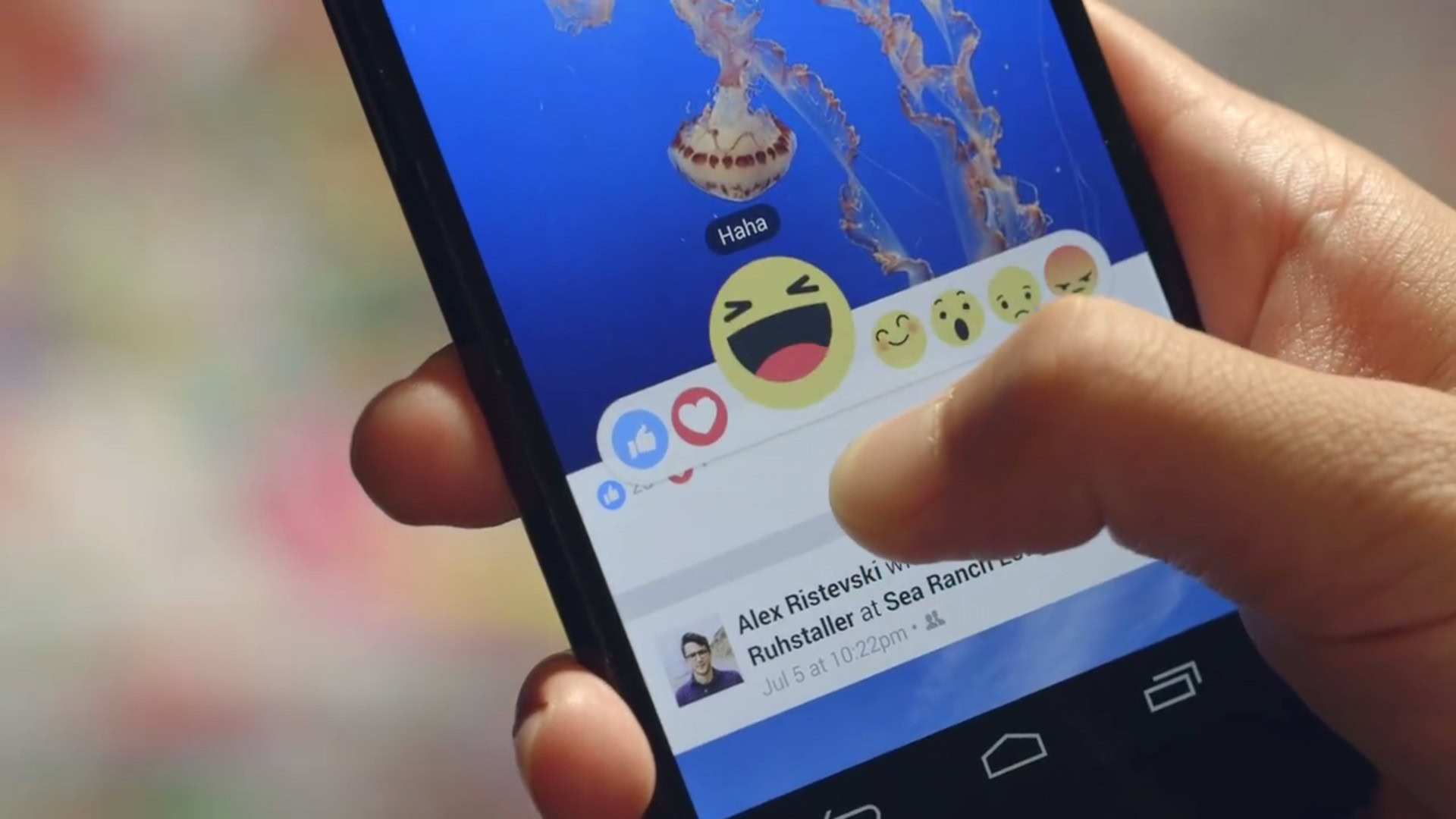Affiliate links on Android Authority may earn us a commission. Learn more.
Facebook clarifies its policy on graphic videos in light of recent events
Published onJuly 9, 2016

I won’t go into the details of recent events – you all know what has been happening this week. But because some of the videos involved in recent tragic events have been broadcast on Facebook, the social network has felt compelled to clarify its policy on when to censor a video and when to leave it up, as disturbing or shocking as it may be.

As we all know, Facebook has found itself in hot water in the past, either for allowing graphic videos to remain on Facebook or for removing them. No matter what the company does, someone will be offended. Either those that don’t wish to see what has been recorded or those claiming their right to free speech has been infringed upon.
But with live video increasingly being used to document police brutality, terrorist attacks or mass shootings, Facebook decided it was time to make its stance on violent videos known. The company posted a document titled “Community Standards and Facebook Live” on Friday. Here is the most relevant excerpt:
One of the most sensitive situations involves people sharing violent or graphic images of events taking place in the real world. In those situations, context and degree are everything. For instance, if a person witnessed a shooting, and used Facebook Live to raise awareness or find the shooter, we would allow it. However, if someone shared the same video to mock the victim or celebrate the shooting, we would remove the video.
While Facebook deserves to be taken to task for its seeming lack of consistency and transparency when it comes to dealing with graphic or violent video on its platform, it must also be noted that the service Facebook live video provides is incredibly valuable.
Think about it: if your first impulse in the face of something horrific is to pull out your phone and start streaming it as evidence of the circumstances, you know there is a wider problem that needs addressing. So if live streaming events as they transpire tells the real story while protecting the recording, generates debate and identifies the guilty, then that is surely worth upsetting a few people over.
Would you reach for your phone in similar circumstances? Do you think Facebook is making the right decision?